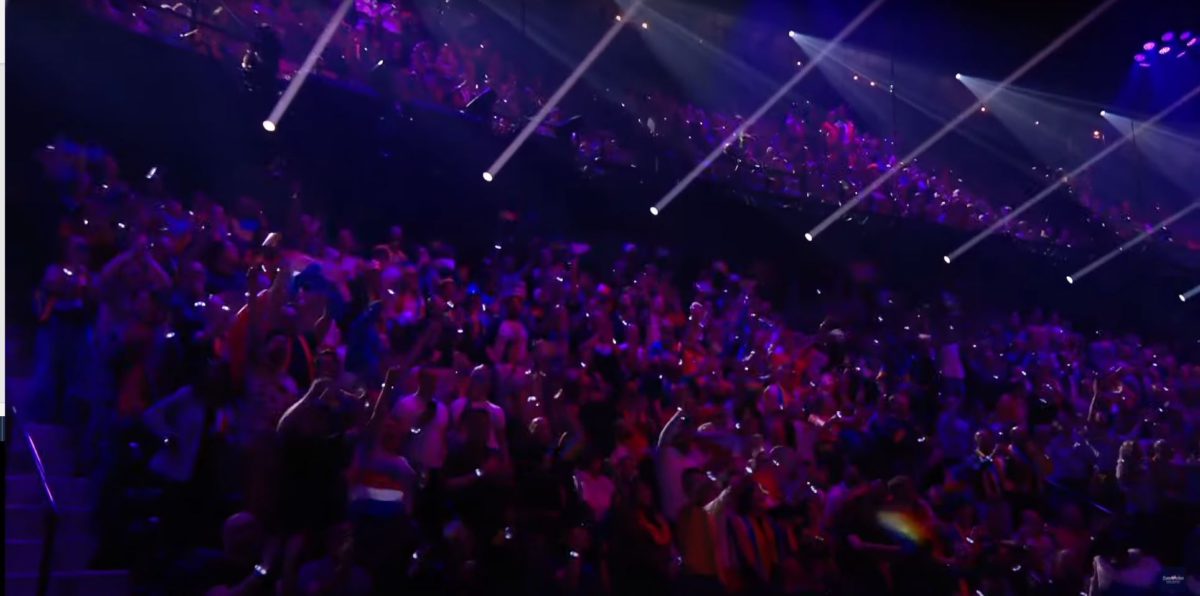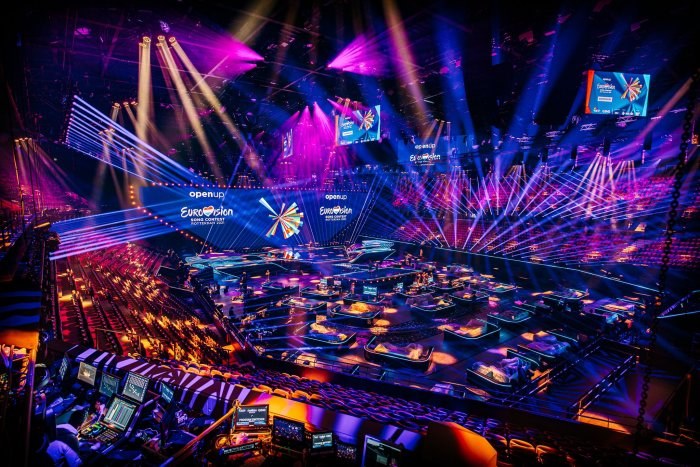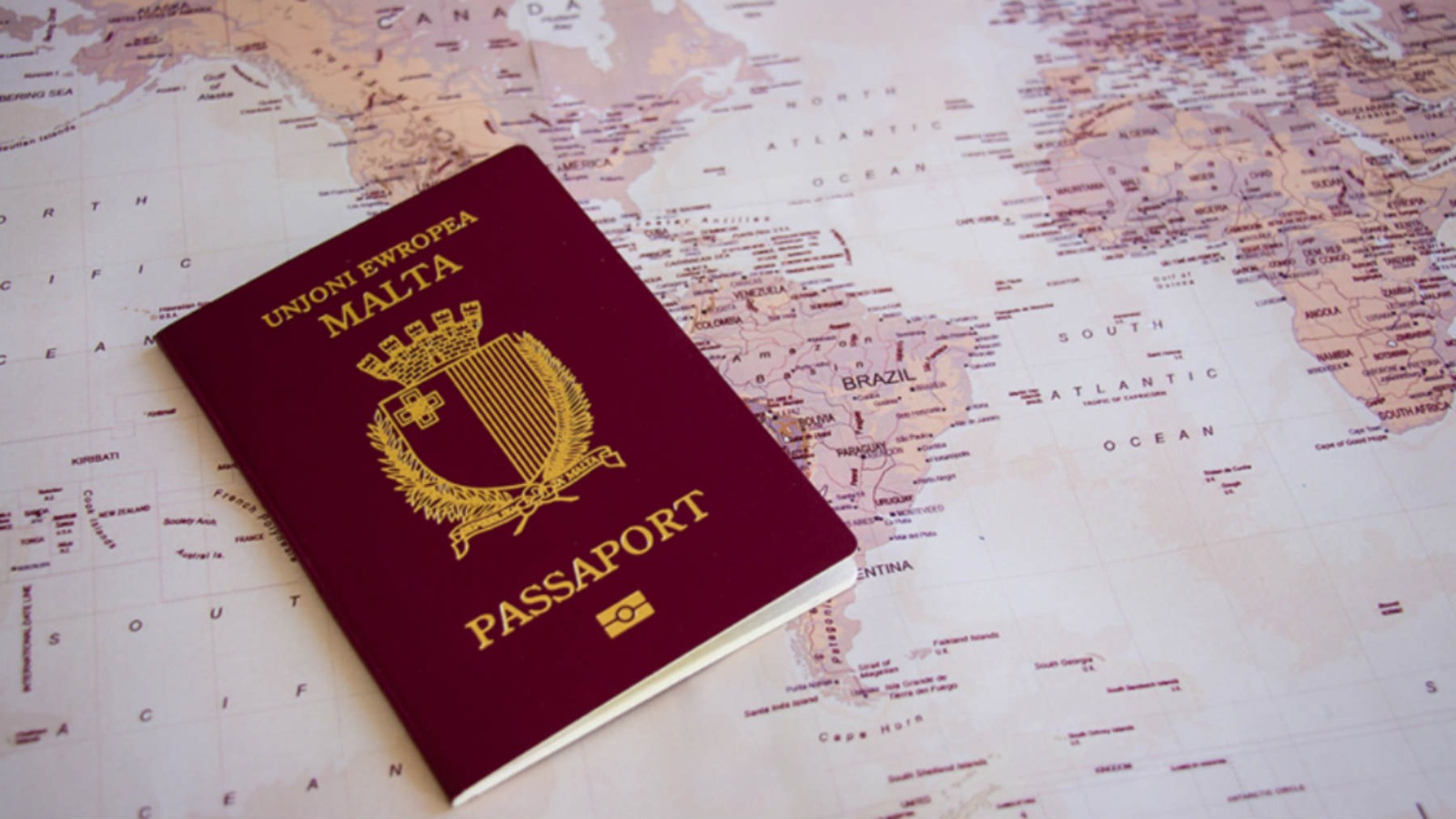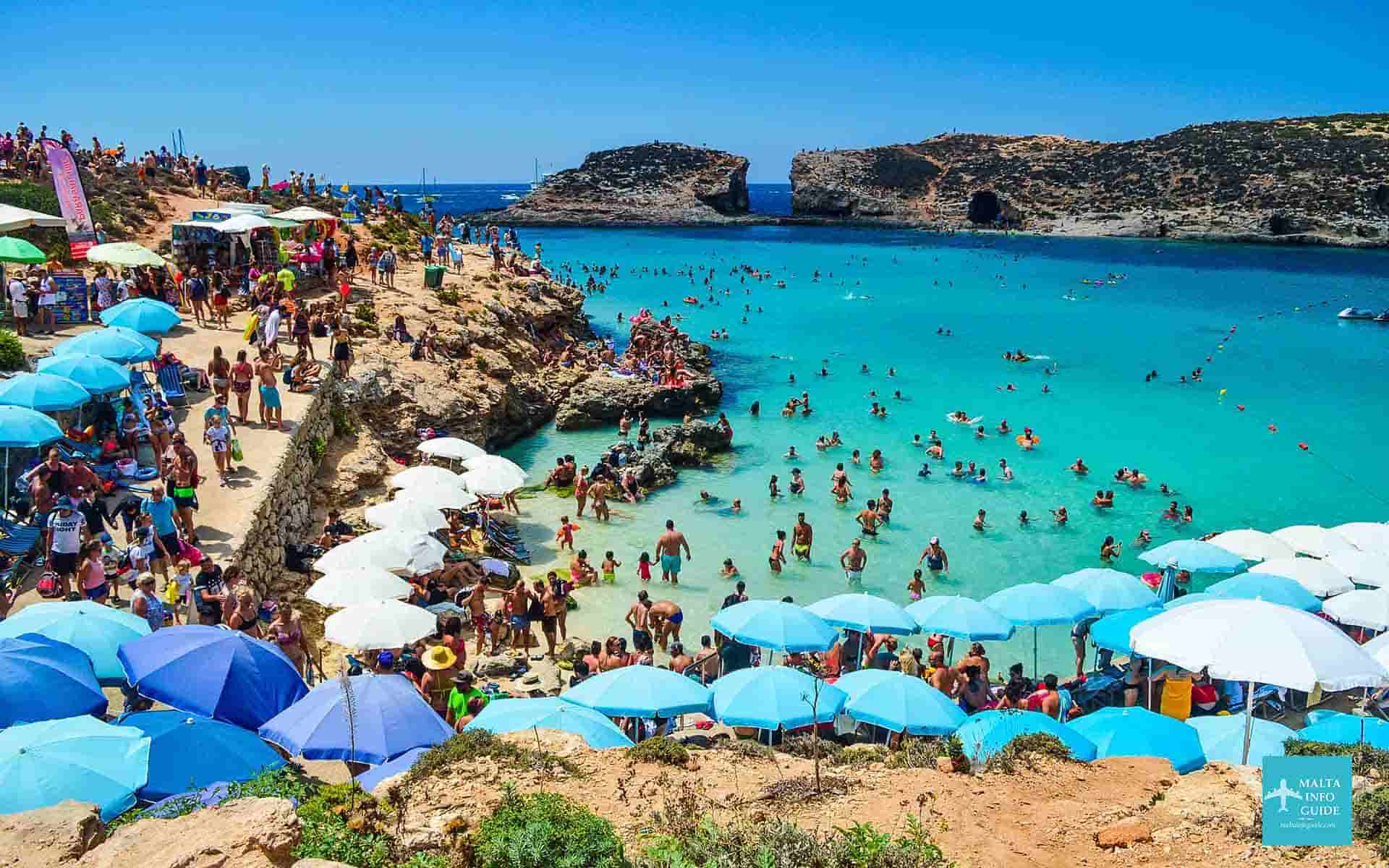On Tuesday evening, most of Malta was glued to their television screens as they watched the country’s contestant, Destiny, belt out a head-turning and undeniably strong performance.

Scenes of the packed, mask-less audience enjoying the live performances jarred with the situation across much of the world, especially in Malta, where the country’s Superintendent of Public Health, Charmaine Gauci, poured cold water on the possibility of events and performances taking place this summer.
In her weekly media briefing, she had said “events have no place during a pandemic” and they are not appropriate until the situation is under control.
Without even entertaining trial events for vaccinated persons, reduced capacity, rapid testing on arrival or any form of safety mechanisms that would allow for Malta’s events industry to resume, one local industry stakeholder pointed out the absurdity that despite Malta becoming the ‘most vaccinated place on earth’, authorities have completely shut down the prospects of the events industry.
“I’m sure a lot of people were shocked to see so many people tightly packed into a live audience with no masks and social distancing. I’m glad to see major sporting events and Eurovision return to life with an audience. This proves that if the correct protocols are followed, there is no reason to keep our industry waiting,” said Kevin Ellul, co-founder of the widely popular Glitch Festival which usually takes place in mid-August.
Last year, Malta briefly opened up with almost no restrictions for events in July. This, coupled with the opening of Malta’s borders, saw the start of the country’s so-called second wave and restrictions, and the last time where events were permitted.
This year, the country introduced a raft of restrictive measures to mitigate a spike in daily transmission rates in February and March, which saw a dramatic drop in cases. Malta is now exiting its semi-lockdown in a staggered approach and, together with continually dropping COVID transmission rates, it has now even surpassed Israel in the world COVID-19 vaccination rate, making it the country with the most vaccinated citizens in the world.
Drawing on the celebrations at Malta’s vaccination drive, and the spectacle of the Eurovision show, with its packed audiences, Mr Ellul questioned what the point of reaching herd immunity and vaccinating the whole country is if authorities are going to keep the events sector locked down.
“I’m sure the majority of Maltese population was glued to their TVs yesterday. So do you still think arts and culture are non-essential?
“We have been closed down for almost a year and a half!!
“Maybe the perception is that we are a bunch of part-timers, but the reality is that we are a complete supply chain that has been left in the dark.”
He added that the industry is eagerly waiting to reopen safely, and commented:
“Opening safely is possible. Do not be fooled into believing otherwise, the rest is just politics and greedy businesses working to keep us shut down. Risks can be mitigated with proper protocols and we can be as safe as your favourite crowded supermarket.
“It’s soon our time, we need to know when and how! We’re constantly being reminded how well the vaccination program is doing and that’s excellent news. So what’s the point of reaching herd immunity and vaccinating the whole country if we are still going to be locked down?
“We want our normality, our lives back. This is not the normality we have been promised.”
So, what rules did the Eurovision semi final audience have to adhere to?
The Rotterdam stadium had a limited audience under strict conditions. It permitted 3,500 audience members, around 20 per cent of the Rotterdam Ahoy’s capacity.
While no mask use or social distancing was imposed, visitors had to be able to present a valid negative test certificate that is no older than 24 hours upon entry.
Audience members will also be asked to undergo a COVID test five days after the event.
The event was limited to a seated audience, without the standing audience being permitted on the floor.
Malta’s R&D spend stays level at 0.6% of GDP
Total expenditure of research and development amounted to €121 million in 2023, an increase of €16.1 million
Most Maltese scam victims don’t know about dispute resolution service, study finds
In this day and age ignorance costs, as scammers are getting increasingly clever
Extreme heat set to leave 2.5% dent in Malta’s GDP by mid-century
The country is set to see GDP impacts from extreme heat






